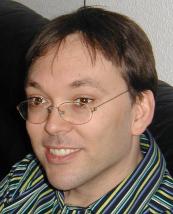
Researchers release a treasure trove of data on the developing retina, pushing the boundaries of neuroscience publishing by presenting it dynamically and reproducibly. A new paper in GigaScience today demonstrates a major step forward for reproducible research and public data-sharing in the neurosciences with the publication and release of a huge cache of electrophysiology data resources.






